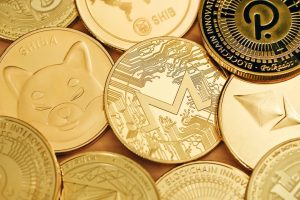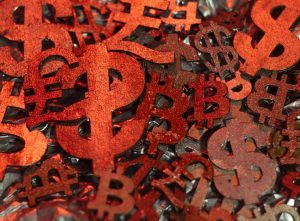The foreign exchange market, or forex, is the largest financial market in the world. It is also one of the most active, with trillions of dollars traded each day. Forex trading is a global phenomenon, with participants from all over the world, including banks, hedge funds, retail traders, and governments. In this article, we will explore the industry that is trading forex.
The forex market is a decentralized market, which means that there is no central exchange or clearinghouse. Instead, forex transactions are conducted over the counter (OTC), meaning that trades are executed directly between two parties. This makes the forex market unique in many ways, and it is one of the reasons why it is so attractive to traders.
Banks are the most significant players in the forex market, and they account for the majority of the trading volume. Banks trade forex for several reasons, including to facilitate international trade, to manage their foreign currency reserves, and to make a profit. Banks can access the forex market directly or through electronic trading platforms. The interbank market, where banks trade with each other, is the largest segment of the forex market.
Hedge funds are another important player in the forex market. These funds are managed by professional traders who use a variety of strategies to make money in the forex market. Hedge funds can use leverage to amplify their returns, which can make them very profitable. However, leverage also increases the risk of losses, and many hedge funds have experienced significant losses in the past.
Retail traders are individuals who trade forex for their own accounts. This group has grown significantly in recent years, thanks in part to the proliferation of online trading platforms. Retail traders can access the forex market through brokers, who act as intermediaries between the trader and the market. Retail traders typically use leverage to increase their buying power, which can lead to large profits or losses.
Governments also participate in the forex market, primarily to manage their foreign currency reserves. Central banks, in particular, play a critical role in the forex market. They can intervene in the market by buying or selling currencies to influence exchange rates. Central banks can also use monetary policy tools, such as interest rates, to affect the value of their currency.
Finally, there are market makers in the forex market. These are firms that provide liquidity to the market by buying and selling currencies. Market makers earn a profit by buying currencies at a lower price and selling them at a higher price. They also make money from the bid-ask spread, which is the difference between the price at which they are willing to buy a currency and the price at which they are willing to sell it.
In conclusion, the industry that is trading forex is diverse and includes banks, hedge funds, retail traders, governments, and market makers. Each group has its own reasons for participating in the forex market, but all are united by the desire to make a profit. The forex market is a complex and dynamic market, and it is essential for traders to understand the different players and their motivations to be successful.





